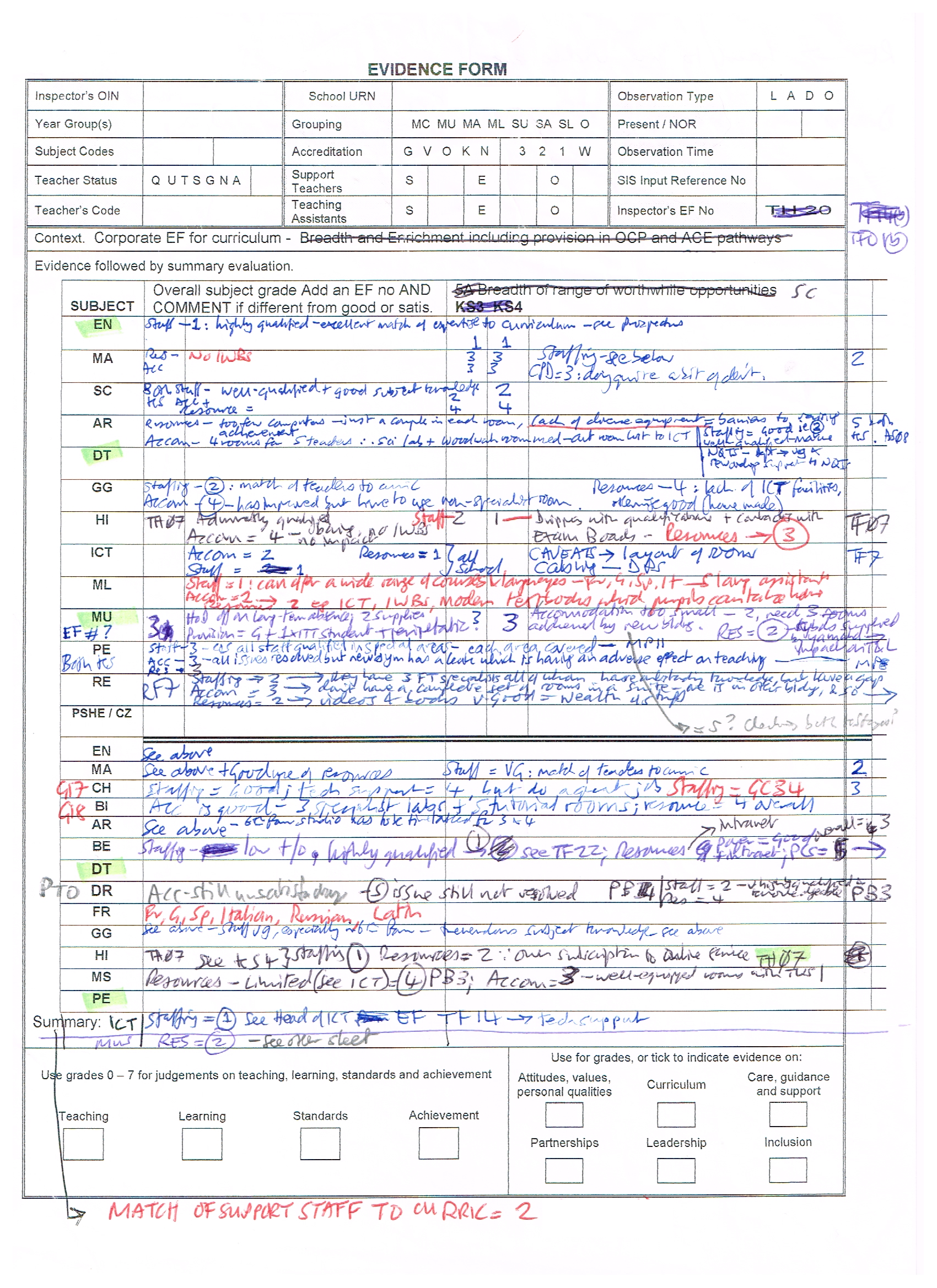In case you missed them, here’s the list of articles I published here last week — in reverse chronological order.
Read MoreReflecting, by Terry Freedman
I don't agree with Cognitive Load Theory (CLT). Here's Why
A question: is Cognitive Load Theory another example of the emperor’s new clothes?
Read MoreWho needs a robot assistant? Photo by Terry Freedman
On this day: Thoughts about Alexa
I can’t get used to just barking orders at someone. Whatever happened to courtesy?
Read MoreTake responsibility, by Terry Freedman
Responsible Use Policies
The general thrust of education these days is on student-centred learning. This is often expressed by depicting on the teacher’s role as being the guide on the side rather than the sage on the stage. Regardless of whether you agree that that’s how things should be (and as it happens I don’t!), the often-stated philosophy these days is that students know best.
But does stating that philosophy mean that it is observed in practice?
Read MorePush to open, by Terry Freedman
On this day: what the mind sees
Here’s a link to an article about the mind playing tricks.
Read MoreAsk the expert: a Zen-inspired view
What can a Zen outlook teach us about education technology etc?
Read MoreChoosing the right education conference
Anyone who announces that we need change, but without going any deeper into it, is an idiot as far as I am concerned. Either that, or they assume that I am.
Read MoreDigital Functional Skills Qualifications
The Department for Education in England and Wales has issued the specifications for a new digital skills exam. Well, two cheers for that: it’s about time there was something from the DfE for young people which doesn’t expect them to develop a deep knowledge of computer programming.
Read MoreWhy your business needs an ebook
Ebooks are the perfect medium for “going niche”. In this article I look at the main benefits to your business.
Read MoreRules, rules rules. Photo by Terry Freedman
21 "laws" for computer users
The next time something goes terribly wrong when you’re using technology, console yourself that it’s happened to everyone!
Read More12 ways to prepare for teaching Computing
If you're told you'll be teaching Computing from now on, but don't feel competent to do so, what practical steps can you take in order to get up and running? Here are 12 suggestions.
Read MoreWhat should a newsletter contain?
What are the attributes of a good newsletter, and what should it contain? The list in this article will, hopefully, give you some ideas.
Read MoreThis is an example of a blog post
This is a demo blog post. Please ignore!
Read MoreBritish Gas and the Internet of Things (Updated)
Most talks I have heard on the subject of the internet of things, by which is meant the connecting up of objects with people and other objects through wireless technology, have been completely daft.
Read MoreDystopian visions: Computers don't argue
The writer does an excellent job of both reflecting the annoyance of dealing with a computer program that has no flexibility as well as no intelligence, and highlighting the need for programs to invite human input when the consequences of not doing so can be catastrophic.
Read MoreWhat makes your product different from others?
If you sell a similar product or service to that of another company, what is it that makes yours stand out?
Read MoreCross-curricular ed tech evaluation, by Terry Freedman
9 criteria for evaluating a school’s education technology and 8 criteria regarding Computing provision
Whether you are moving to a new school, or staying where you are, it’s good to stand back and try to gauge what the school’s education technology and Computing are like. Why you would want to do that if taking up a new post is obvious: you want to see how the land lies so that you can start to identify any improvements that could be made.
Read MoreThe value of ebooks
If you’re a teacher, and especially if you’re a head of department, ebooks are a great way of making available key information.
Read More4 Ways to come up with innovative ideas for teaching Computing
To borrow from Dr Johnson, I find that most innovative ideas in Computing I read about are both new and exciting. Unfortunately, the ones that are new are not exciting, and the ones that are exciting are not new. It’s all very well “pushing the boundaries”, but all that does is give you more of the same.
Read MoreThe problems with rubrics
Rubrics look like an easy way to tackle assessment. But they can be deceptive in that respect, and can cause the unwary to slip up.
Read More







